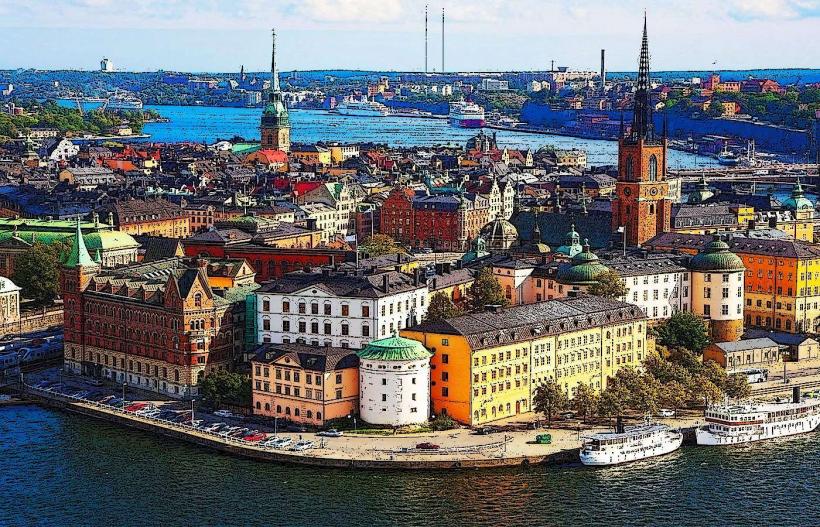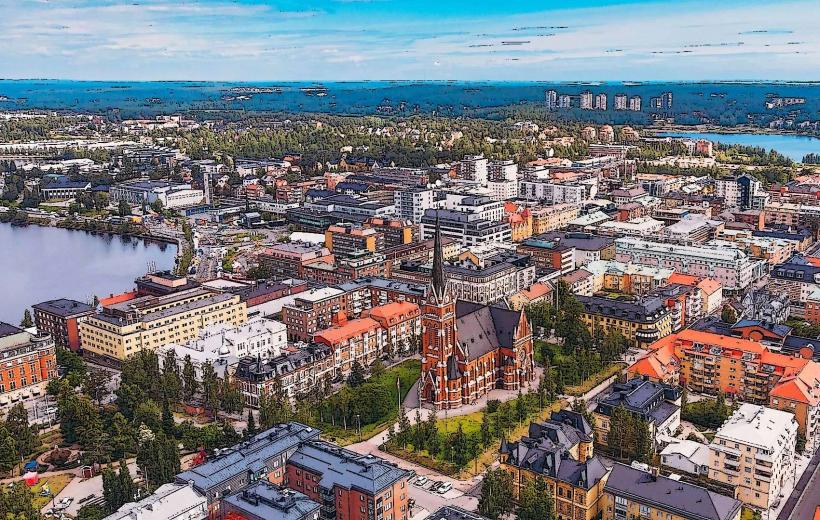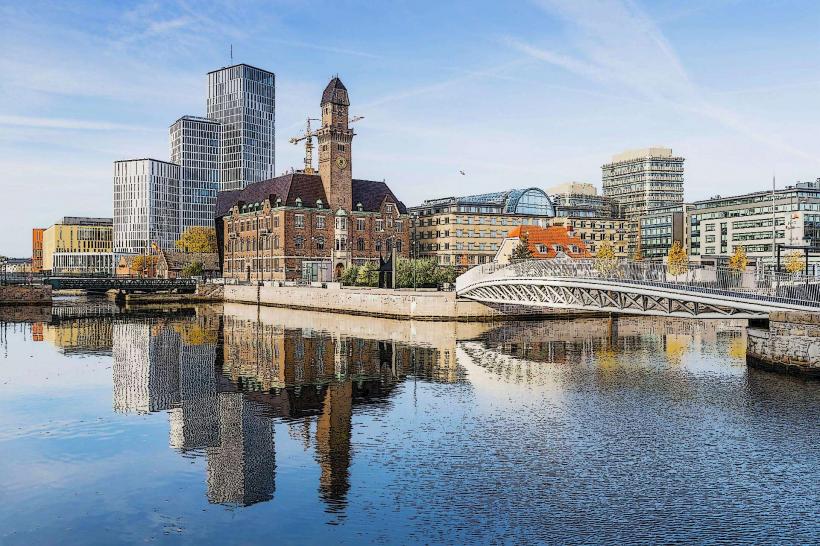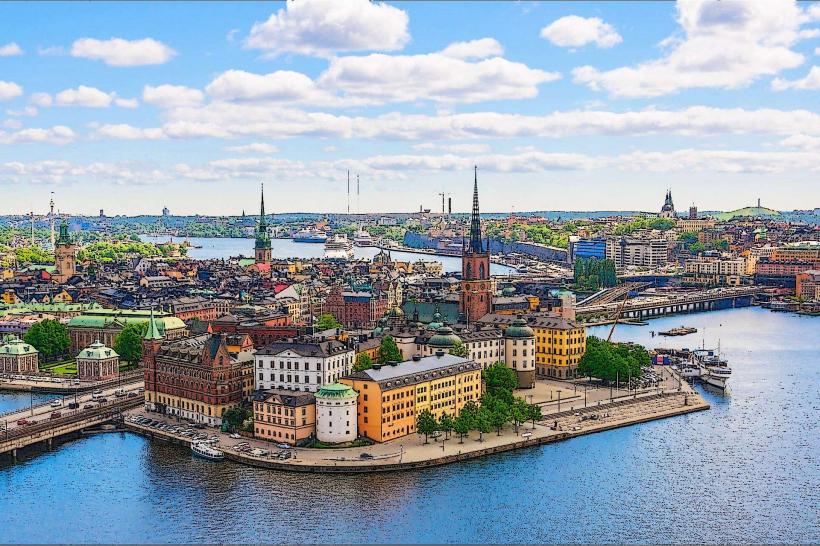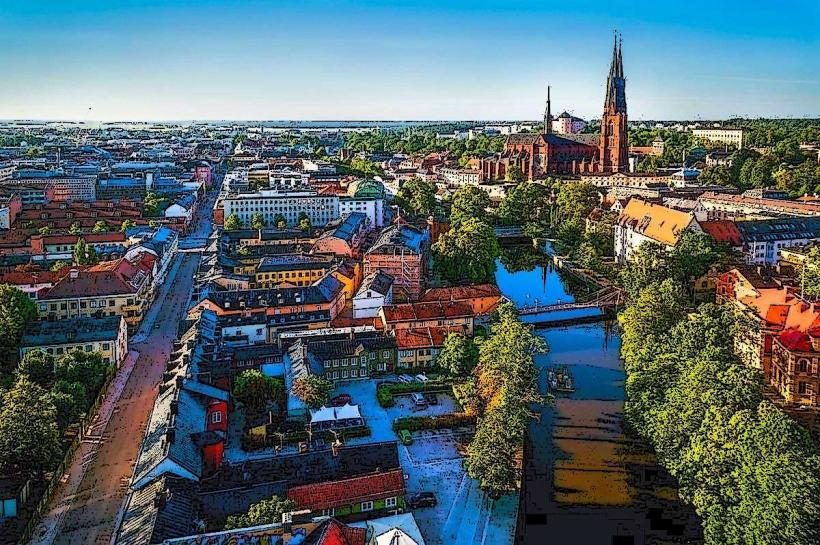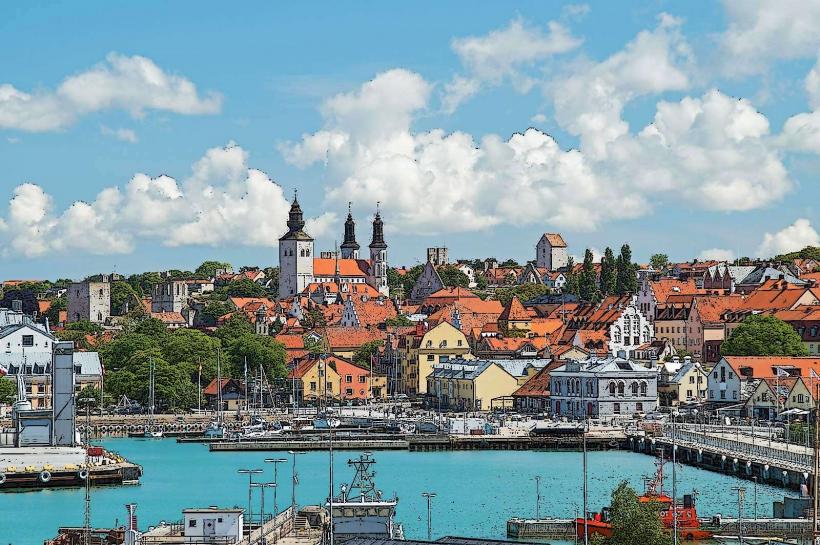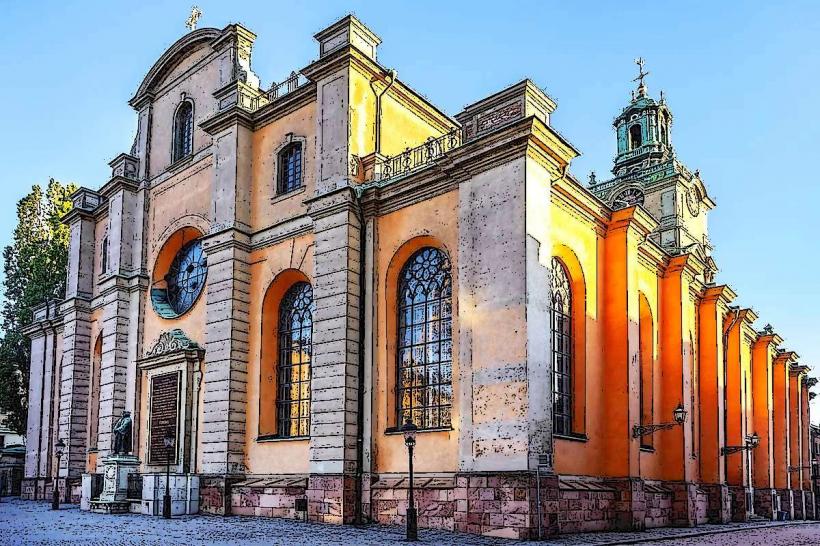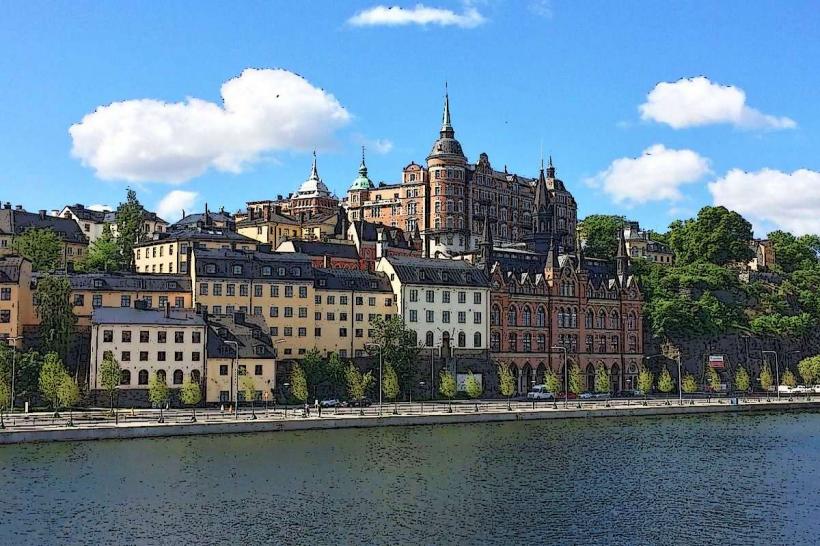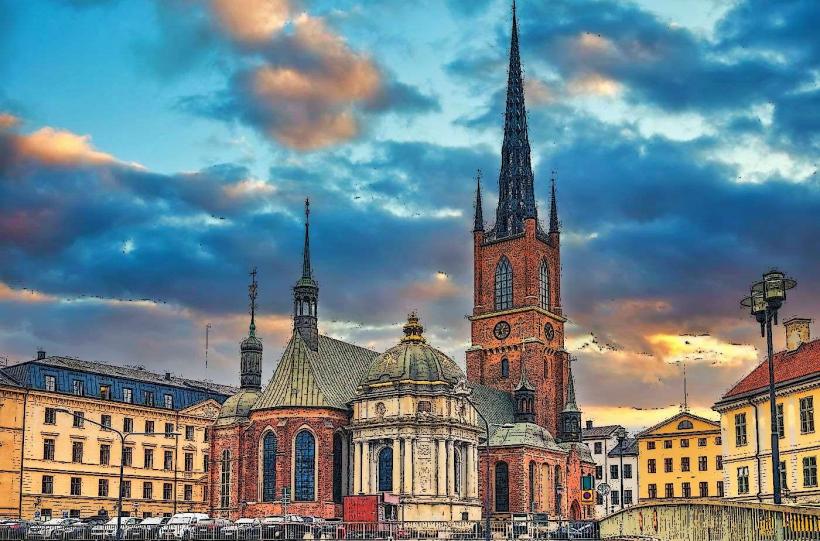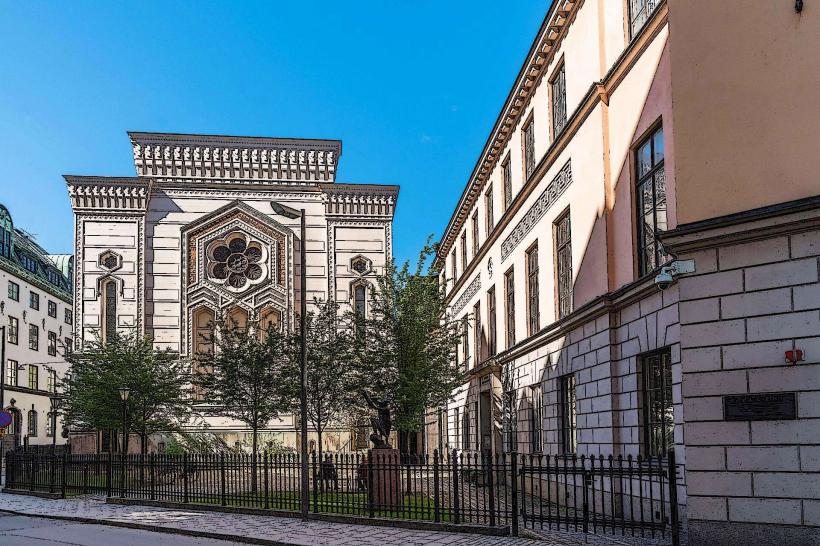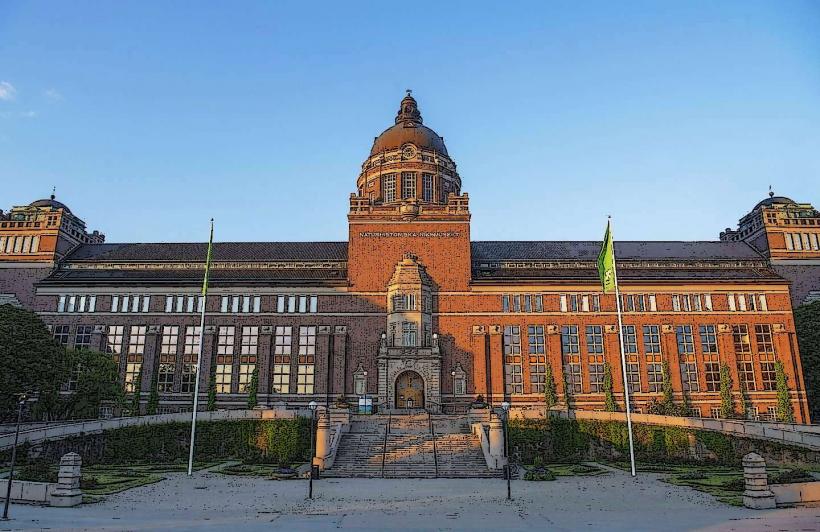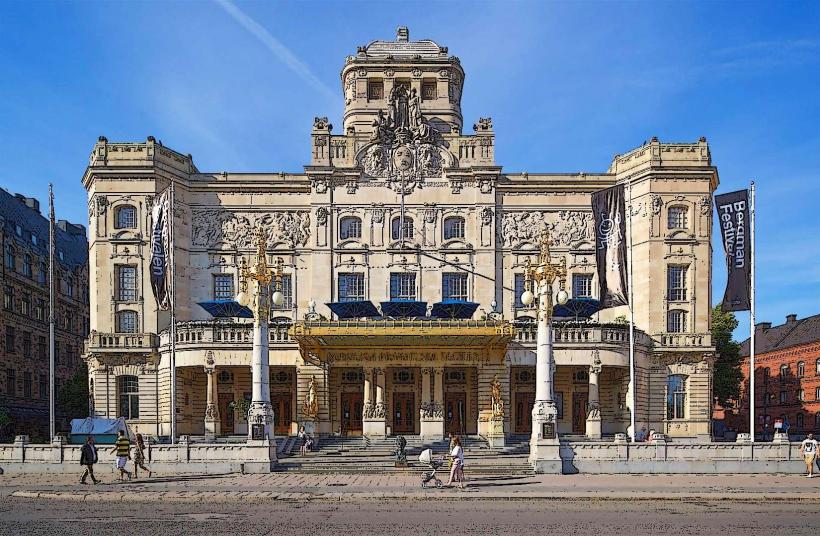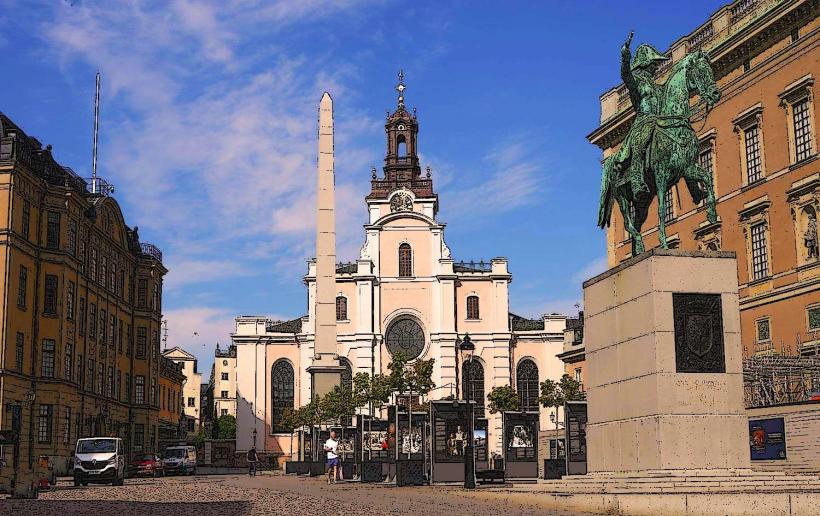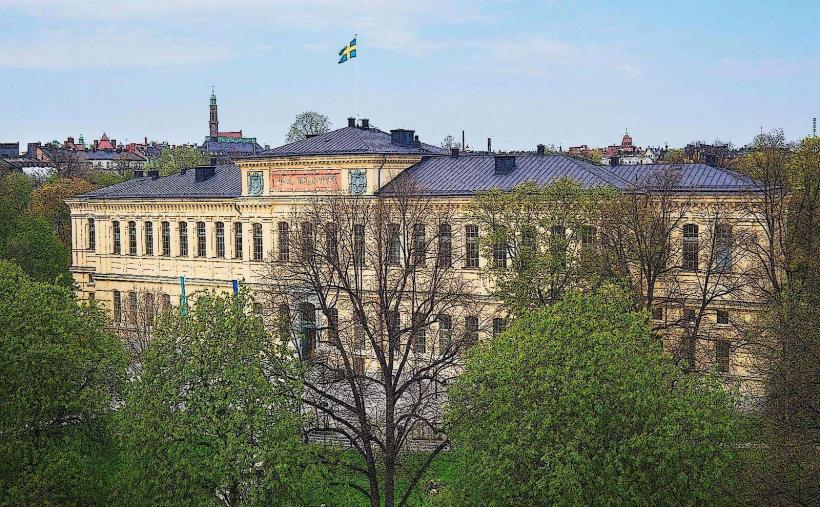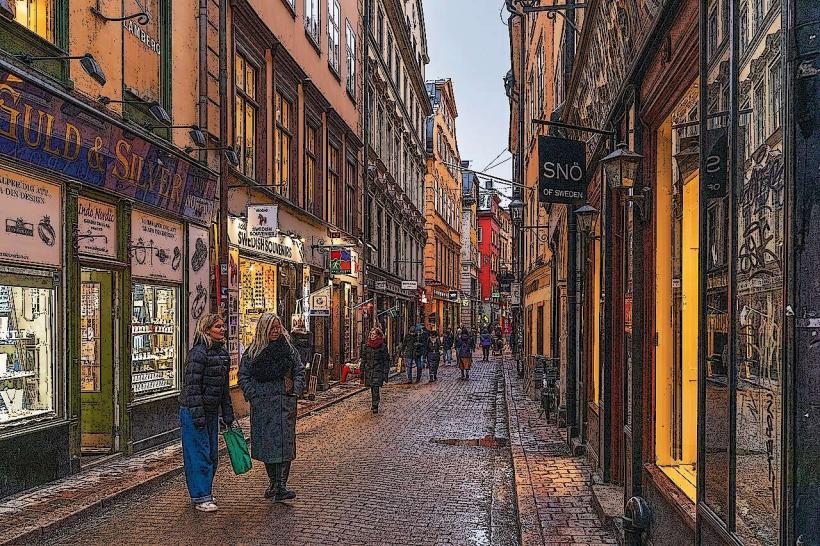Information
Country: SwedenContinent: Europe
Sweden, Europe
Sweden is located in Northern Europe on the Scandinavian Peninsula, bordering Norway to the west and north, and Finland to the east. It is connected to Denmark by the Øresund Bridge. The topography ranges from the flat southern plains of Skåne to the Arctic wilderness and high mountains of Lapland; the capital city is Stockholm.
Visa & Entry Policy
Sweden is a member of the Schengen Area. Citizens of the US, UK, and EU do not require a visa for stays up to 90 days within a 180-day period. Starting in late 2026, non-EU visa-exempt travelers must obtain an ETIAS (European Travel Information and Authorisation System) authorization prior to arrival. Passports must be valid for at least three months beyond the intended departure date.
Language & Communication
The official language is Swedish. English proficiency is nearly universal, with over 80% of the population speaking it fluently. There are five official minority languages: Finnish, Meänkieli, Sámi languages, Romani, and Yiddish. Communication is generally egalitarian and direct.
Currency & Payment Systems
The currency is the Swedish Krona (SEK). Sweden is a nearly cashless society; digital payments via card or the domestic "Swish" mobile app are standard. Many shops, restaurants, and public transit services are "Kontantfri" (cash-free) and do not accept physical currency. ATMs exist but are increasingly rare in urban centers.
National Transport Grid
Intercity travel is dominated by the SJ (Swedish Railways) network, including high-speed X2000 trains. Long-distance bus services like FlixBus and Vy bus4you supplement rail routes. SAS and Norwegian provide frequent domestic flights to northern hubs like Kiruna and Umeå. The SL system in Stockholm provides integrated metro, train, and ferry transport.
Digital Infrastructure
Primary mobile network providers are Telia, Tele2, Telenor, and 3 (Tre). 5G coverage is comprehensive in urban areas and major transit corridors. 4G reliability is high nationwide, though signal strength can be intermittent in the vast northern forests and mountainous border regions.
Climate & Seasonality
Sweden has three primary climate zones: oceanic in the south, humid continental in the center, and subarctic in the north. Daylight varies extremely; the far north experiences the Midnight Sun in summer and Polar Night in winter. Winters are cold and snowy, while summers are mild and pleasantly warm.
Health & Safety
No mandatory vaccinations are required. Tap water is of exceptionally high quality and is the primary source of drinking water. Tick-borne encephalitis (TBE) and Lyme disease are risks in forested and coastal areas. The universal emergency number for Police, Ambulance, and Fire is 112.
Top 3 Major Regions & Cities
Svealand: Primary hub is Stockholm.
Götaland: Primary hubs are Gothenburg (Göteborg) and Malmö.
Norrland: Primary hub is Umeå (servicing the Arctic north).
Local Cost Index
1L Water: 15.00 SEK ($1.45 USD)
1 Domestic Beer: 70.00 SEK ($6.70 USD)
1 Sim Card (Prepaid Data): 150.00 SEK ($14.40 USD)
Facts & Legends
In Swedish folklore, the Näcken is a male water spirit who plays a violin in rivers to lure people into the water. Another prominent figure is the Skogsrå (forest spirit), a beautiful woman with a hollow back and a cow's tail who protects the forest. Historically, Sweden remained officially neutral during both World Wars and has not been at war for over two centuries, maintaining a policy of non-alignment until its 2024 accession to NATO.

